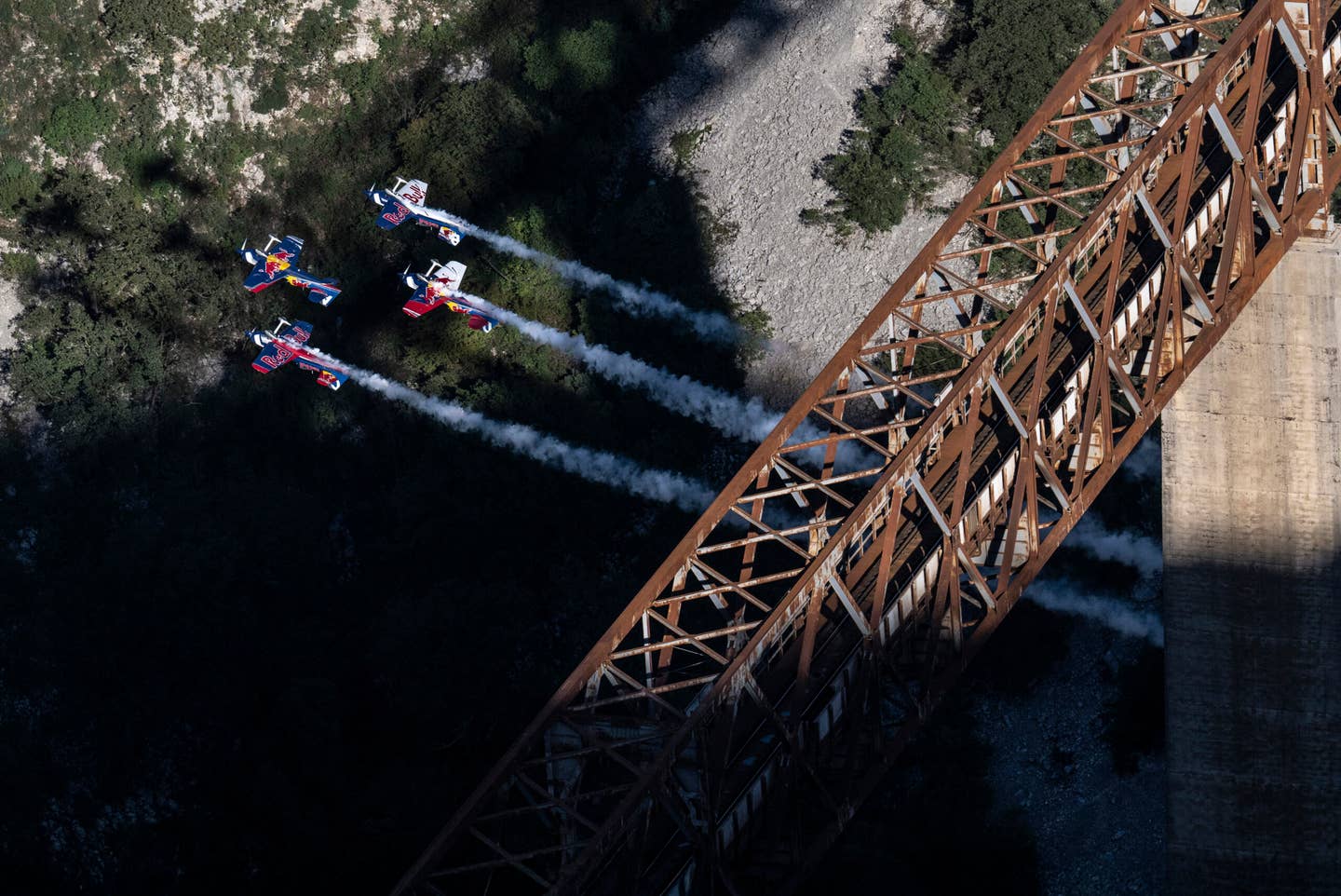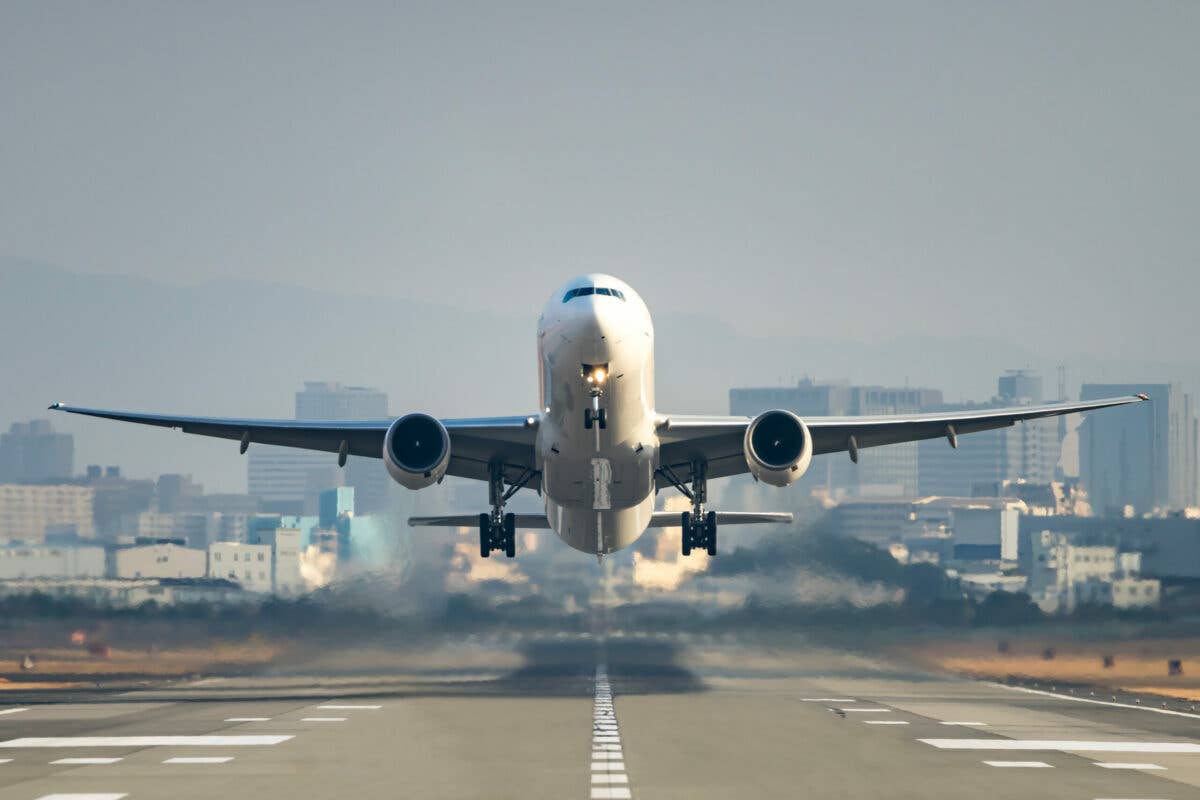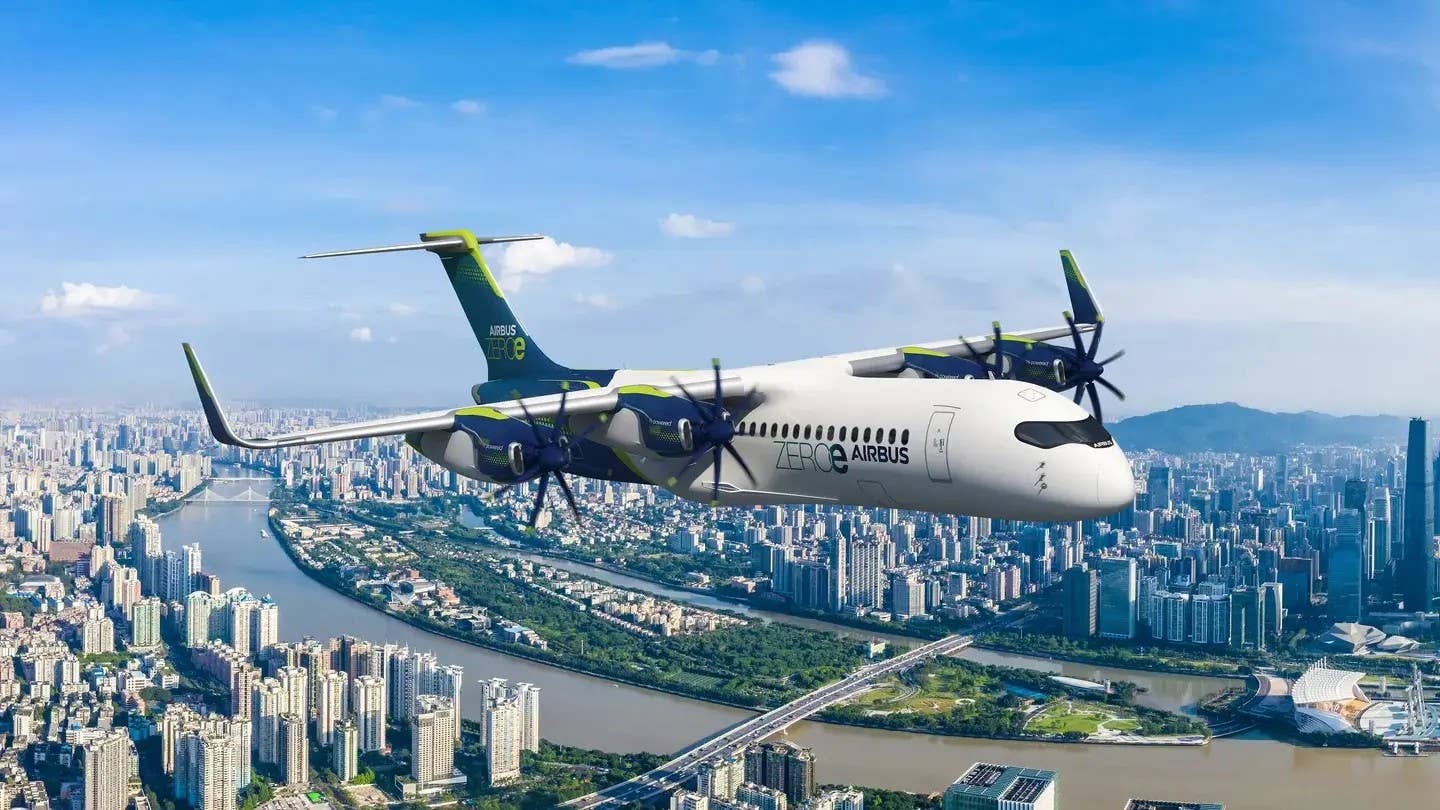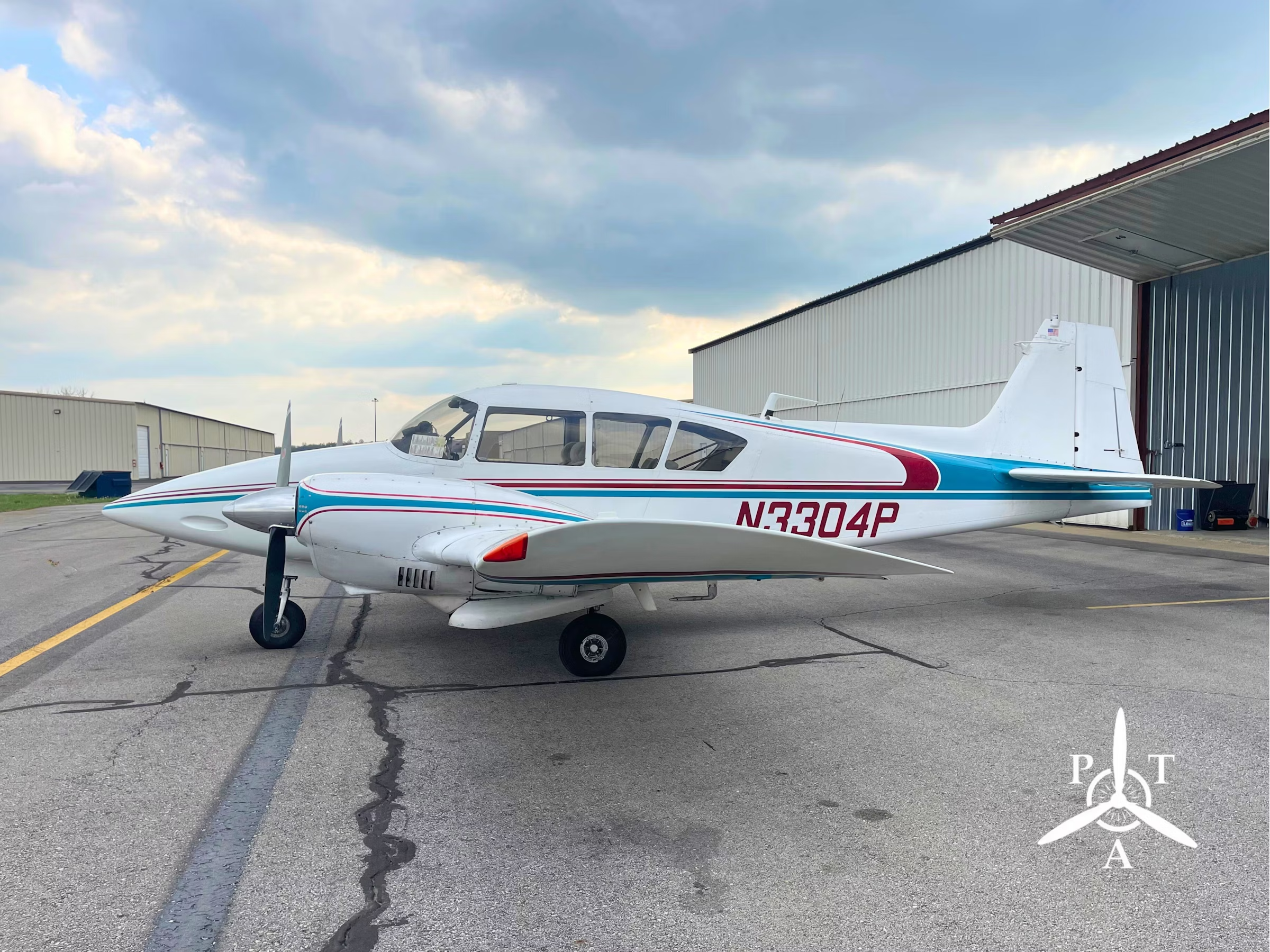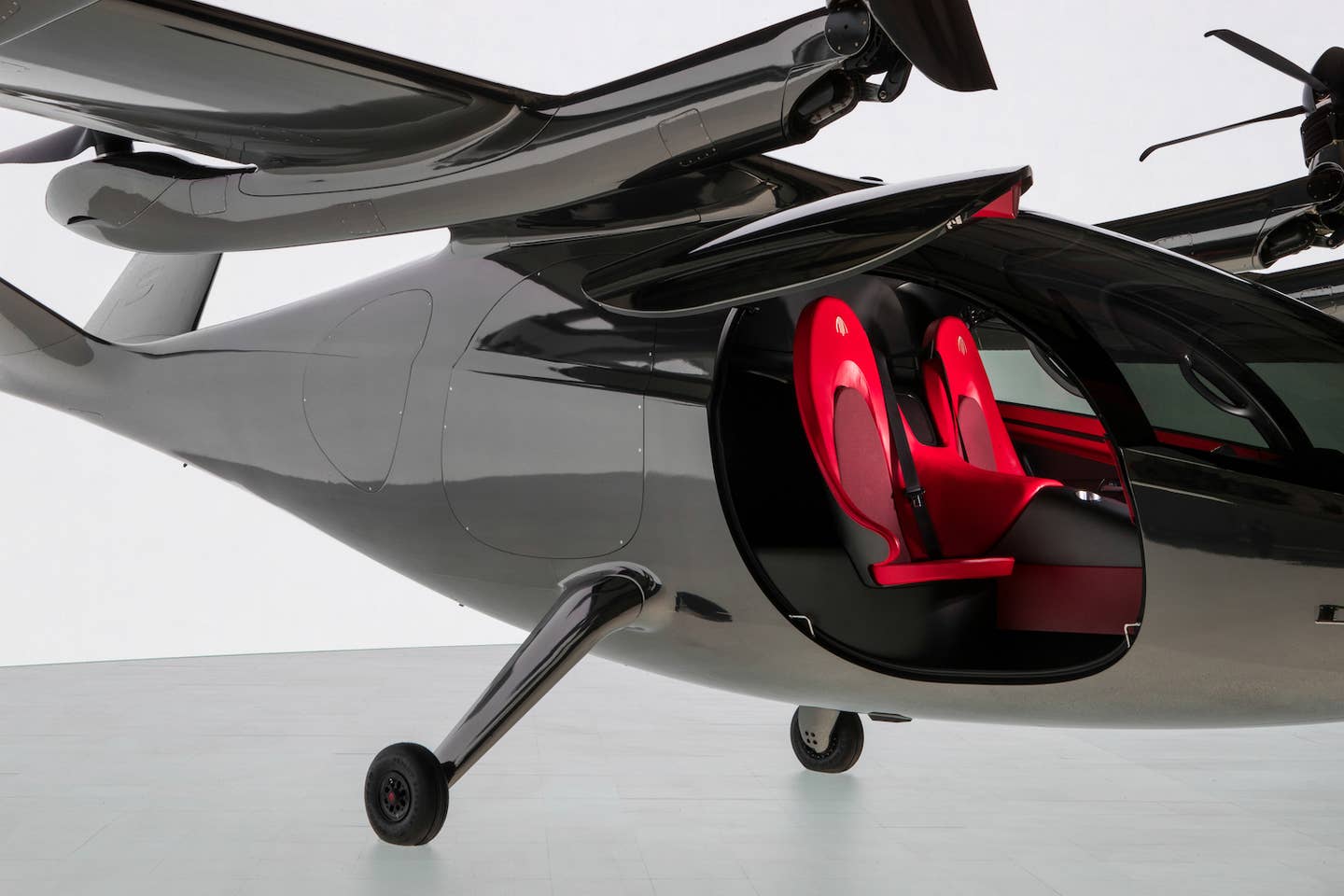
Archer Aviation launched on the New York Stock Exchange on Friday. Al Arena
Archer Aviation is now the third air taxi developer to start public trading since August—the second just this week—after it successfully completed a merger with a special purpose acquisition company, also known as a SPAC.
As of Friday, the Palo Alto, California-based company appears on the New York Stock Exchange under the ticker symbol ACHR.
“Completing our go-public transaction and having Archer trade on the New York Stock Exchange is a huge milestone for our business,” said Brett Adcock, co-founder and co-CEO of Archer, in a statement Friday. “This is the culmination of a lot of hard work by the great team we have at Archer, but it is also the beginning of the next phase of our development and growth.”
Added Adam Goldstein, co-founder and co-CEO of Archer, “We are working to build an urban air mobility network that can change the way people travel in and around cities forever. We believe we have the team, the technology and the strategic partners to make our vision a reality.”
Friday’s listing was initiated through a business combination with Atlas Crest Investment Corp., SPAC or “blank check company.” A SPAC is basically a publicly traded company that seeks to raise capital for the purpose of acquiring or merging with a private company and taking it public. It doesn’t have a commercial operation.
SPACs aren’t new but they have become increasingly attractive to private companies seeking to generate capital without having to go through the traditional, and often cumbersome, process of going to market through an IPO.
During a meeting Tuesday, Atlas Crest shareholders voted on the merger, and of the votes cast, 96 percent were in favor. The merger will generate $857.6 million in gross proceeds, including $600 million from a private investment in public equity (PIPE) deal.
While the merger is positive news for the company, it will receive far less money than it projected earlier this year.
In February, when Archer and Atlas initially announced the merger plan, proceeds were expected to be about $1.1 billion. But during Tuesday’s vote, 48.5 percent of eligible shareholders exercised redemption rights, resulting in $242 million less in revenue.
Despite the setback, company officials remained positive this week.
“We are pleased to have reached this important milestone in closing our transaction with Archer,” said Michael Spellacy, CEO of Atlas Crest, in a statement. “With the proceeds from this transaction, Archer is entering the public markets from a position of financial and competitive strength to accomplish their mission of revolutionizing the future of urban transportation.”
Another Day, Another SPAC
Archer joins a growing list of companies in the eVTOL ecosystem using SPACs to go public.
It’s all part of a new wave of electric-powered aircraft development that’s expected to start commercial operations by the end of the decade. The eVTOL industry aims to create an environmentally friendly mode of air transportation that will offer quick, convenient hops over traffic-congested streets and highways.
Earlier this week, Germany-based eVTOL maker Lilium (LILM) began trading on the Nasdaq after a similar SPAC merger was approved by shareholders of Qell Acquisition Corp. A third air taxi developer, Joby, began publicly trading on the NYSE on August 11 as JOBY, also thanks to a SPAC deal. And Vertical Aerospace has announced its intentions to go public before the end of this year.
As of Thursday, Joby was down from its August 11 peak, while Lilium’s share price has been trending up since its first day on the market on Wednesday.
Details About the Aircraft
A two-seat demonstrator of Archer’s eVTOL aircraft, dubbed “Maker,” is expected to begin flight testing by the end of this year, according to Archer’s website.
Maker is designed to fly with 12 electric-powered rotors mounted on a large wing located above the passenger and crew compartment. All 12 of the rotors lift the aircraft in hovering mode like a helicopter. But during horizontal flight, six rotors tilt forward to provide forward propulsion, allowing the aircraft to fly like a plane.
Maker’s empennage incorporates a V-tail design.
Maker’s specs include a range of 52 nm (60 miles) and a cruise speed of 130 knots (150 mph). Total weight: 1,508 kg (3,335 lbs). The eVTOL’s noise level is said to be 45 dBA, which Archer describes as “inaudible while flying overhead.”
Its electric motors will be powered by six independent lithium-ion battery packs with a total capacity of 75 kWh and maximum power of 672 kw.
“We founded Archer to address the environmental and societal issues caused by road transportation and urban overloading,” said Archer co-founder and co-CEO Adam Goldstein in a statement earlier this year. “Through our all-electric aircraft, we are striving to curb carbon emissions, decrease traffic, and create the transportation networks of the future.”
Archer expects to begin production of a four-seat version of Maker beginning in 2022. This month, the company announced it had passed a key threshold toward final FAA certification for its aircraft.
In January, United Airlines said it had placed an order with Archer—subject to business and operating requirements—worth $1 billion, with an option for $500,000 more. Possible launch markets include Los Angeles—a United hub—as soon as 2024.
Archer has been embroiled in an ongoing billion-dollar legal dispute with rival Wisk Aero over allegations of trade secret theft. Archer has denied the claims.

Sign-up for newsletters & special offers!
Get the latest FLYING stories & special offers delivered directly to your inbox

